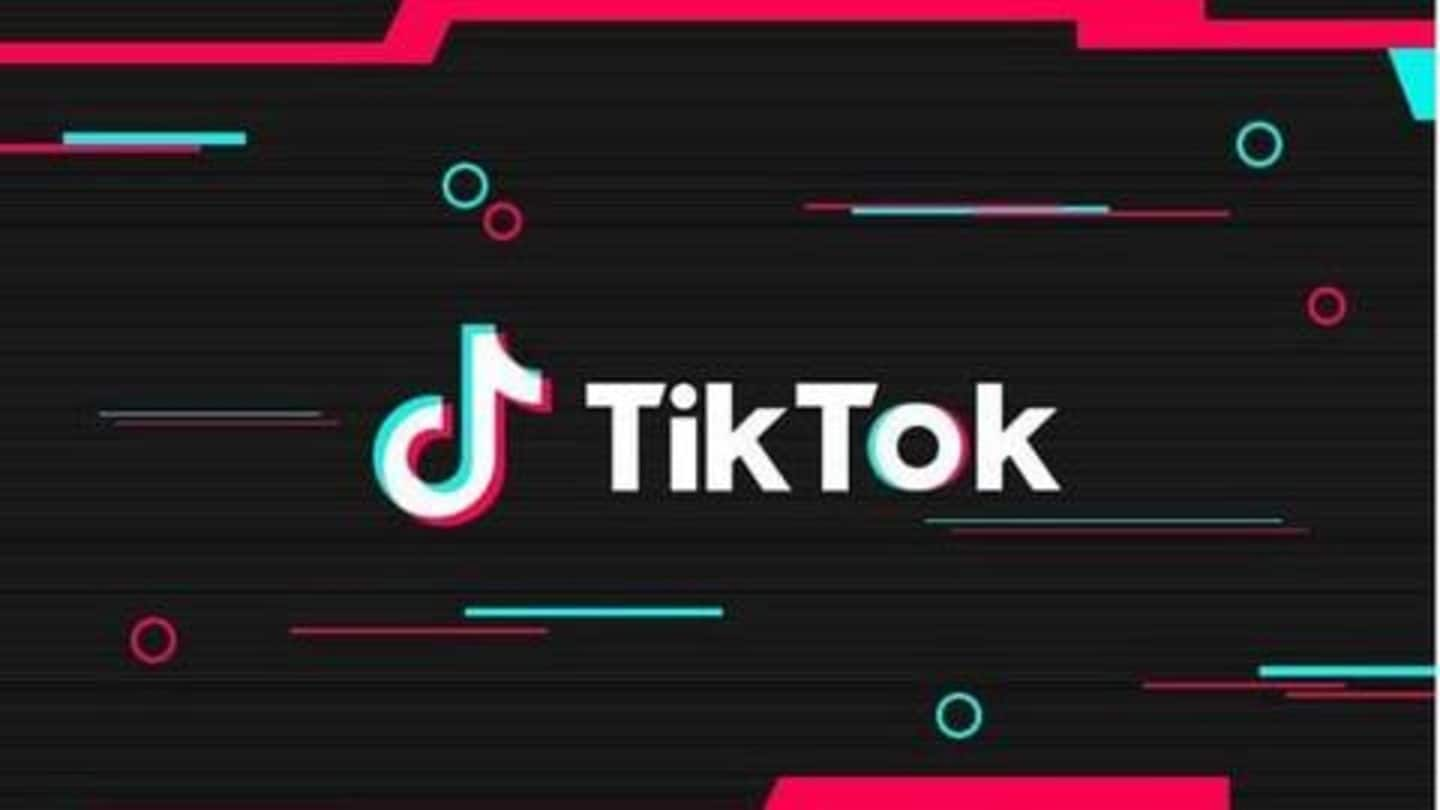
Ban lifted from TikTok, users can download it again
What's the story
The Madras High Court has lifted the interim ban on the Chinese app, TikTok, on April 24, subject to certain conditions.
The ban was lifted after hearing the counter affidavit filed by ByteDance, which owns TikTok. The users can start downloading it again.
Earlier this month, the HC asked the Centre to put a ban on the app saying that it encourages pornographic content.
Order
HC instructed TikTok to stop the uploading of pornographic content
According to the ruling given by Justices N. Kirubakaran and SS Sundar, the court instructed not to upload any pornographic content on the app. In case, the app fails in doing so, contempt of court proceedings against the company would begin.
Senior lawyer Isaac Mohanlal, representing ByteDance, argued that the interim orders were given without hearing their side, which restricts free speech.
Details
Company projected financial losses worth Rs. 3.5 crore per day
Following the earlier orders, the app was blocked by both Google Play Store and Apple App Store since April 18.
The company pegged financial losses worth Rs. 3.5 crore/day and said, the ban has put over 250 jobs at risk.
Not only this, the company also added that it has put a dent on their reputation which has taken a hit on investments.
Context
TikTok makes children vulnerable to sexual predators, said HC
On April 3, the Madras HC sought ban after listening to a petition filed by Muthu Kumar, a Madurai-based lawyer-cum-social activist.
Justices SS Sundar and N Kirubakaran had said that the app makes children vulnerable to sexual predators.
"There is a possibility of the children contacting strangers directly," HC added.
Following the hearing, the app had pulled out millions of videos from the platform.
Information
TikTok a Chinese video app, allows users to create videos
TikTok is a Chinese app, also known as Douyin in China, allows users to create short videos with special effects and share them on various social media platforms. Kumar, in his petition had cited child abuse, suicides, pornographic content and cultural degradation for the ban.